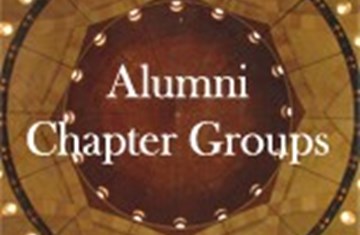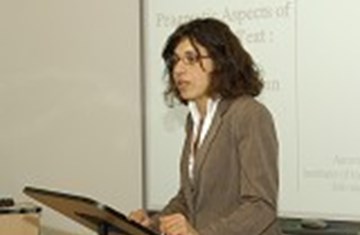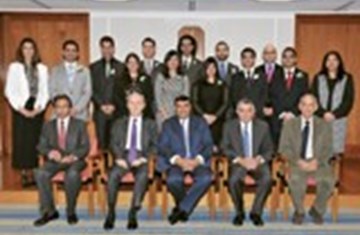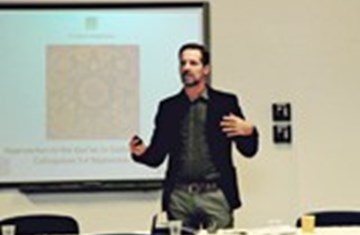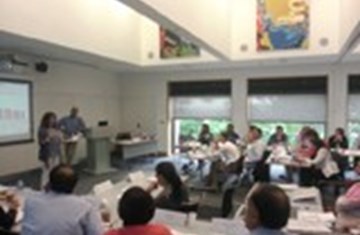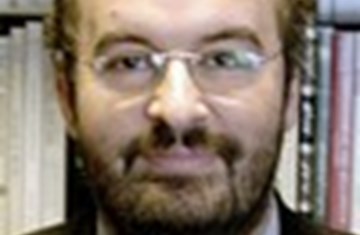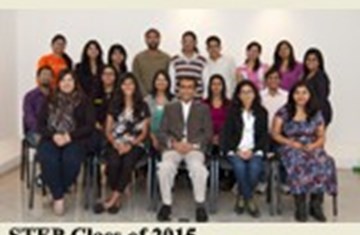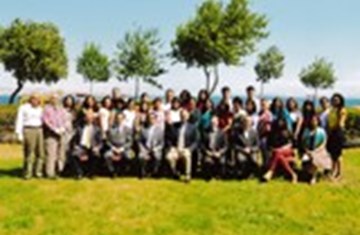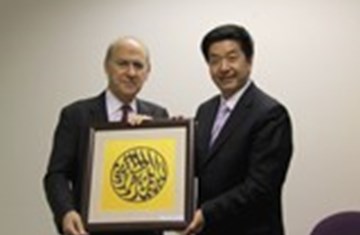IIS Participates in 2001 BRISMES Conference
As part of this year’s conference, the Institute-organised panel entitled “New Directions in Ismaili Studies” showcased pioneering approaches and subject areas in the study of Islam and Ismailism. The Institute also contributed three papers to other sessions: “Egypt in Historical Perspective” and “Shi'i Historiography and Philosophy”. As part of the proceedings, Dr Alice C Hunsberger’s monograph, Nasir Khusraw, The Ruby of Badakshan was nominated for the British-Kuwait Friendship Society Prize in Middle Eastern Studies, an award given to the best scholarly work on the Middle East each year and administered by BRISMES.
In addition to the various academic papers presented at BRISMES, the IIS hosted a small reception to highlight its recent publications and to increase awareness of the Institute as an important research centre and academic resource in the field of Islamic and Ismaili Studies.
BRISMES was established in 1973 to encourage and promote the study of the Middle East in the United Kingdom. It brings together teachers, researchers, students, diplomats, journalists and others who deal professionally with the Middle East. At the national level, the Society pursues a concerted strategy by impressing on national, governmental and university bodies the importance of safeguarding and expanding Middle Eastern studies. In addition, BRISMES also publishes the twice-yearly British Journal of Middle Eastern Studies and organises lectures and seminars throughout the year culminating in their annual conference held at rotating venues in the United Kingdom each year.
The University of Edinburgh has a distinguished history of Middle Eastern Studies. Arabic Courses have been offered without interruption since 1880, but courses on the Muslim world have been taught since as early as 1751. The University of Edinburgh is the only university in Scotland to teach a wider programme in Islamic Studies offering a variety of courses in the languages of the Muslim world in addition to exploring its historical and contemporary dimensions. Today, the University houses a Department of Islamic and Middle Eastern Studies and the Edinburgh Institute for the Advanced Study of Islam and the Middle East.

